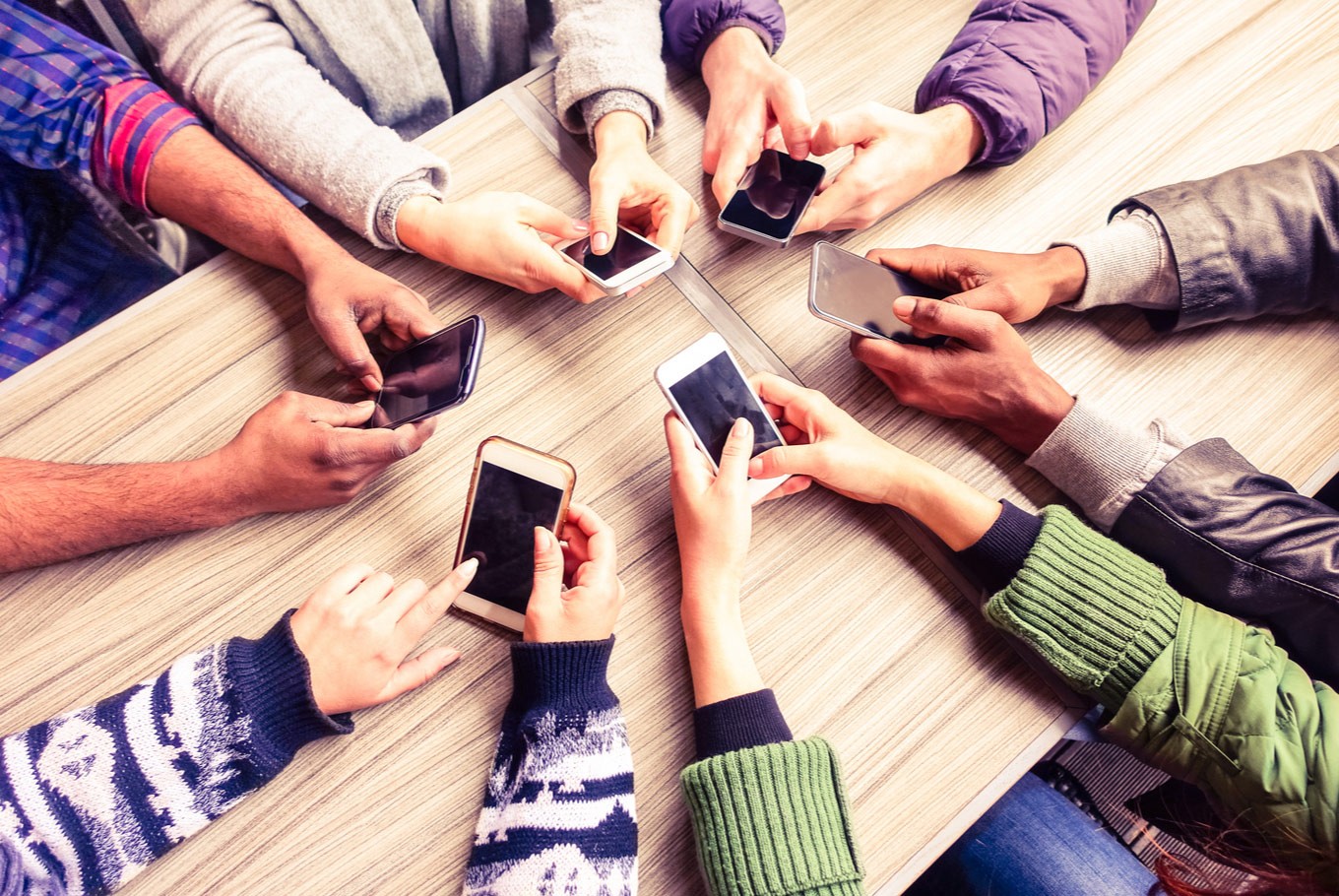Popular Reads
Top Results
Can't find what you're looking for?
View all search resultsPopular Reads
Top Results
Can't find what you're looking for?
View all search resultsStudents pick food deprivation over smartphone deprivation, study finds
Change text size
Gift Premium Articles
to Anyone
A
recent study conducted by the University of Buffalo, which involved depriving students of either food or their smartphones, found that students would rather go without food than give up their phones.
“We knew that students would be motivated to gain access to their phones, but we were surprised that despite modest food deprivation, smartphone reinforcement far exceeded food reinforcement across both methodologies,” said study lead author, clinical psychology doctoral student in the department of pediatrics, Sara O’Donnell.
In the experiment, 76 participants, 50 percent female and 50 percent male, ranging from 18 to 22 years of age, were selected from the student body.
Read also: The quick and easy way to clean your smartphone
During the study, students were deprived of food for three hours, and their smartphones for two hours. After the period of deprivation, students were then told to complete a set of computer-based tasks in order to earn time on their phones, or be given 100 calories of their favorite snack, according to a report by CNET.
In the study’s abstract, two factors were assumed before the study was conducted; students using smartphones in high-frequency, and that high-frequency smartphone usage posed potential negative consequences. It was then concluded by the study that smartphone usage was a “highly reinforcing activity”.
The conclusion written in the study was that “smartphones are potent reinforcers, and are more reinforcing than food given modest food deprivation.”
“We were very surprised by the results,” O'Donnell said, though she admitted that the researchers conclusion was premature. Due to the miniscule sample size, any conclusions would not be definitive. (acr/kes)







